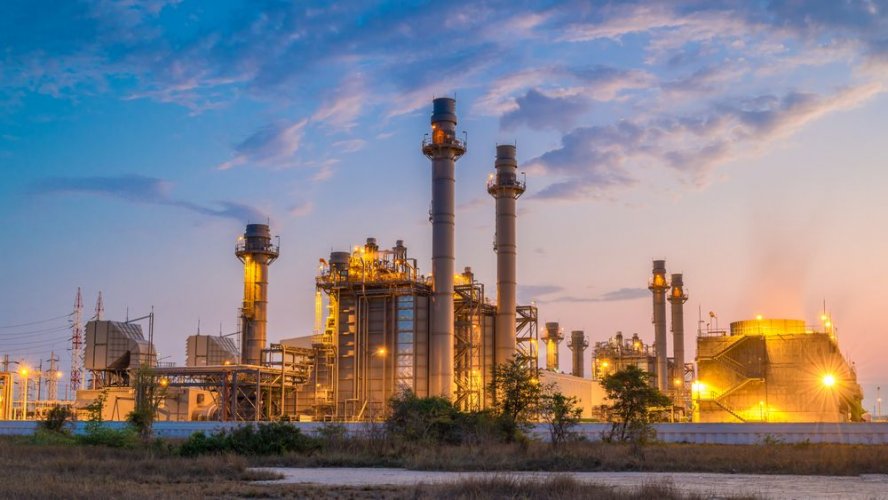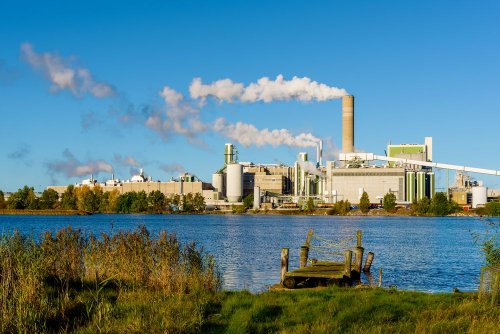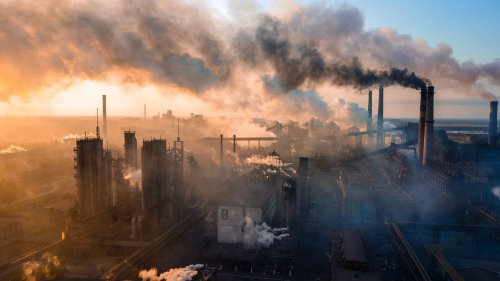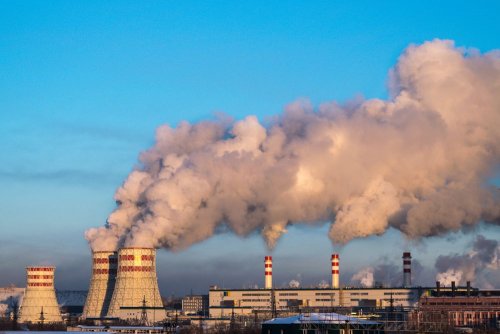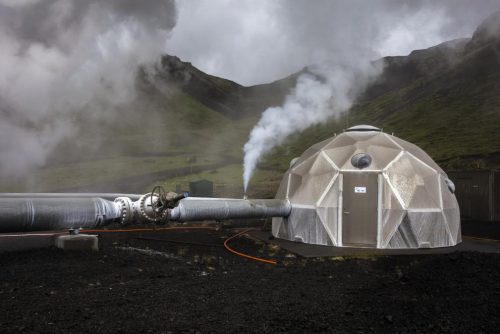In 2026, the German government will launch a CO2-Contracts for Difference (CFD) program to decarbonize heavy industry, with a total investment of €6 billion.
This was reported by the research company Enerdata.
The €6 billion German initiative targets energy-intensive industries, including:
1) metallurgy;
2) glass industry;
3) chemical industry;
4) pulp and paper industry;
5) cement and lime industries;
6) ceramics and gypsum industries.
Enerdata noted that the program will consist of subsidies for companies to cover the costs of transitioning to more environmentally friendly production methods under 15-year contracts. Contracts will be awarded through competitive auctions, with priority given to German projects with the lowest subsidy per ton of CO2 emitted.
According to experts, companies will be able to decide for themselves how they want to organize their production processes. For example, they can invest in electricity, low-carbon hydrogen, or biomass, etc. However, the projects selected by entrepreneurs must achieve mandatory emission reduction targets of 60% from year 3 and 90% in the last year of the 15-year contracts.
Experts added that CO₂ price difference contracts are intended to stimulate the introduction of new technologies to the market. For example, industrial heat pumps, hydrogen initiatives, carbon capture and storage (CCS) facilities, and storage technologies. In particular, new production processes.
The initiative allows CCS technology projects to apply for the first time. Bidding is scheduled for mid-2026, with the auction set for December 1, 2026.
We remind EcoPolitics readers that the Canadian government plans to reduce greenhouse gas emissions by 45-50% by 2035 compared to 2005 levels.
The Canadian Department of Environment and Climate Change (ECCC) will continue to take measures in 2025-2026 to accelerate the transition to greener industries, businesses, and infrastructure. The goal is to avoid the effects of climate change and ensure a safe environment for Canadians.

